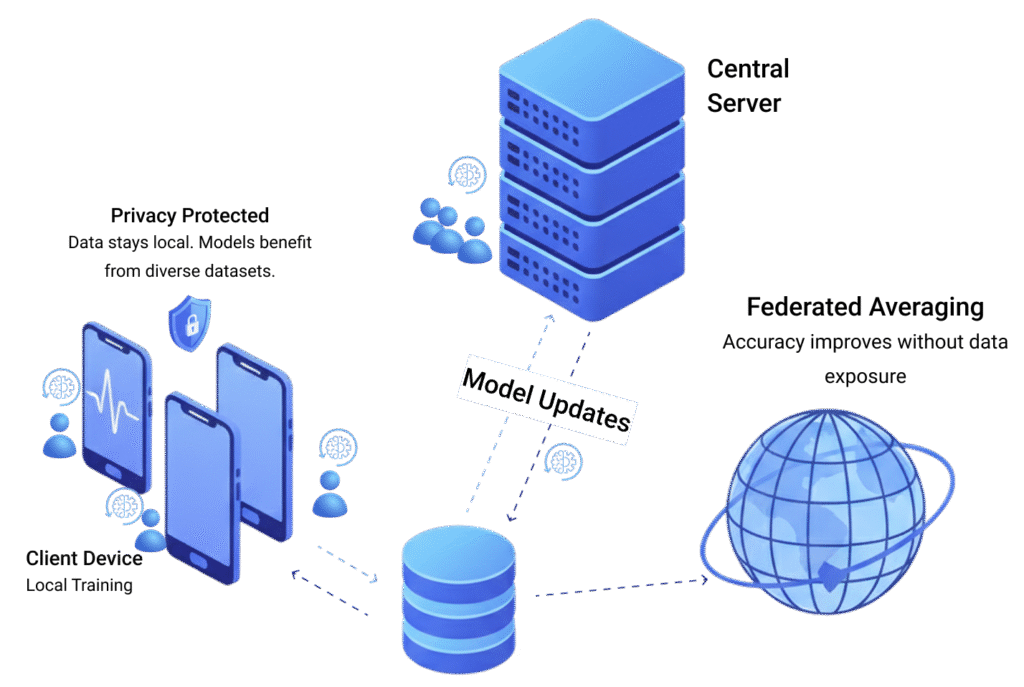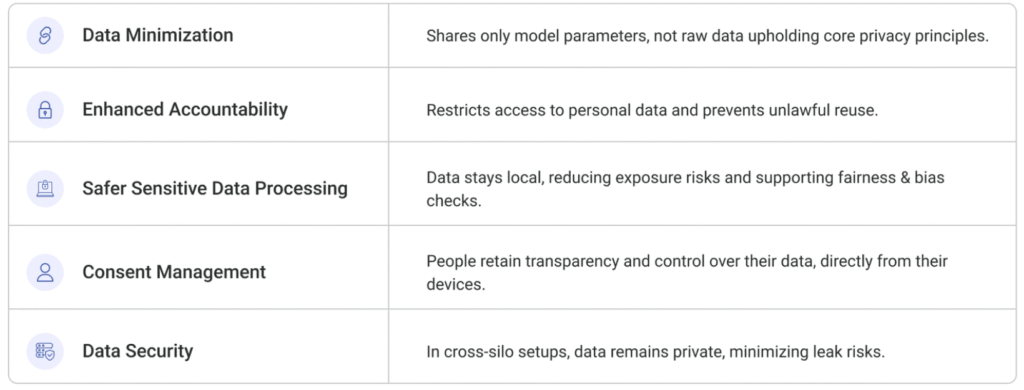More on Data Breach
 Meta – 1.2 billion user records
Meta – 1.2 billion user records AT&T – 31 million customers
AT&T – 31 million customers Coinbase – 69,461 users
Coinbase – 69,461 users National Public Data – US Impact: 270 million people
National Public Data – US Impact: 270 million people Facebook – Impact: 533 million users
Facebook – Impact: 533 million users Marriott International (Greece) – 500 million customers
Marriott International (Greece) – 500 million customers Yahoo! – 500 million accounts
Yahoo! – 500 million accounts eBay – 145 million records
eBay – 145 million recordsSource: https://www.csoonline.com/article/534628/the-biggest-data-breaches-of-the-21st-century.html
| Territory | Avg. Cost of Data Breaches |
|---|---|
| USA | $9.36 million |
| Middle East | $8.75 million |
| Benelux | $5.9 million |
| Germany | $5.31 million |
| Italy | $4.73 million |
| Canada | $4.66 million |
| United Kingdom | $4.53 million |
| Japan | $4.19 million |
| France | $4.17 million |
| Latin America | $4.16 million |
| Territory | Avg. Cost of Data Breaches |
|---|---|
| Healthcare | $9.77 million |
| Financial | $6.08 million |
| Industrial | $5.56 million |
| Technology | $5.45 million |
| Energy | $5.29 million |
| Pharmaceuticals | $5.1 million |
| Professional Services | $5.08 million |
Federated Learning
- The Intersection of Data and Privacy
Newsletter Edition | November 2025 | Read Time: 8 min

Summary: In today’s world, data is arguably an asset, yet accessing its full potential is fraught with privacy concerns, regulatory restrictions, and security risks. How do we then unlock the power of data while keeping it safe and secure?
Enter Federated Learning – a game-changer poised to transform the way we harness AI.
Technological breakthroughs have always followed a familiar arc, going from groundbreaking, buzzword to background hum. The all-pervasive Artificial Intelligence (AI) is no exception.
Nowadays, we seldom notice AI working behind the scenes when we search on Google, choose a movie on Netflix, or complete online banking activities.
As AI accelerates beyond imagination, transforming industries and touching every aspect of our lives, the greatest test is no longer just its intelligence—but its integrity. And developing AI models that earn trust and consistently protect privacy represents the next critical phase of innovation.
In this evolving tech landscape, Federated Learning (FL ) is now emerging as the next frontier in AI by training models directly on user devices, eliminating centralized data pools without sacrificing performance.
Enabling collaborative learning across distributed devices, it has effectively addressed vital challenges around compliance, consent, and data sovereignty. And this privacy-first, compliance-driven approach is steadily establishing itself as the defining standard for AI innovation.
Federated Learning – A Privacy–First AI Model
A decentralized AI model, FL keeps data local while enabling real-time processing of raw data from sensors embedded in satellites, infrastructure, machinery, and a growing array of smart devices. What makes it unique is that it retains data on users’ devices, enhanced further with differential privacy, secure aggregation, and encryption, to prevent data breaches, stay compliant, and remain private.
And, yes, you have been using it already!
Amazon Alexa and Google Home leverage federated learning to improve speech recognition accuracy and deliver personalized responses while keeping user data private.
For example, Google Assistant’s “Hey Google” detection trains speech models directly on devices, avoiding audio data transfer to servers to protect user privacy. This local processing improves voice recognition while keeping personal audio data secure on the device.
Privacy
Data remains on individual devices, ensuring privacy, security, and confidentiality.
Efficiency
Decentralization of data removes dependency on a single central server, enhancing processing speeds.
Scalability
The system is flexible and scalable since it can handle multiple and a wide range of datasets.
Keeping the raw data decentralized, sharing only model updates, FL works in four steps:
- The AI models are shared with the decentralized devices (smartphones, medical devices, or data silos) where they are trained on local data sets or ML Models.
- These updates are shared with a central server to a global model through techniques like Federated Averaging (an algorithm).
- This refined global model is distributed back to devices, improving accuracy without exposing sensitive local data.
- This process protects privacy while still allowing AI models to learn from diverse datasets.


Federated Learning & Compliance
With more than 130 jurisdictions enforcing data protection laws, striking the right balance between accessing diverse datasets and safeguarding sensitive information can be complex. As privacy regulations around the world become stricter, organizations adopting federated learning face increased legal and ethical challenges, particularly when managing sensitive data transfers across borders.
Federated Learning provides a strong framework for businesses aiming to innovate responsibly in today’s
privacy-conscious environment, as its decentralized design aligns with key principles shared by many major data protection laws.
The most comprehensive privacy laws globally, GDPR, restricts the transfer of personal data outside the EU unless strict safeguards are in place.
- Prevents cross-border data transfers by training locally and ensuring that raw data remains within the EU boundaries.
- Promotes data minimization by using only the essential data points needed for model training, and even those never leave their original location.
- Emphasizes privacy by design by integrating it throughout their systems.
- Shares only model updates, not raw user data, metadata, or logs, reducing the chances of regulatory violations.
HIPAA governs the use and disclosure of Protected Health Information (PHI) in the U.S. healthcare system.
- Patient data stays within healthcare provider's system and never moves outside their secure environment.
- Excludes patient identifiers from model training updates.
- No central server is used, so it minimizes the risks of breaches or subpoenas.
- Reduces regulatory risks and legal challenges by keeping Protected Health Information (PHI) local and sharing minimal information.
- Maintains local jurisdiction control where each region keeps full authority over its own data.
-
Enables collaborative learning where participants work together on a shared model while complying with local regulations.
Advantage- Federated Learning
- Data control and protection- collaboratively trains a shared model while keeping data locally.
- Improved efficiency- minimal hardware since models can run directly on mobile devices.
- Supports real-time predictions on-device- zero delays in sending raw data to a central server and waiting for results.
- Trustworthy, compliant, and responsible use of data.
-
Accelerates innovation in data-sensitive fields.
Federated Learning- Challenges
- Data Poisoning Attacks during local training/model updates can corrupt the central model.
- Performance bottlenecks due to frequent data exchanges between client nodes and the central server.
-
Imbalanced data across nodes can bias the global model toward data-heavy participants.
The Future is Federated
In recent years, federated learning has seen broad adoption across sectors, ranging from healthcare, BFSI, and pharmaceuticals to retail, manufacturing, automotive, education, and smart city planning, among others -harnessing collective intelligence while protecting data privacy.
As privacy regulations become more stringent and the value of data privacy increases, federated learning is poised to transform data-driven decision making and insights, through secure, consent–based collaborative intelligence on a global scale.
Ready to train local and think universal with Federated Learning?
Reach us at info@quantrium.ai for tailored Solutions and Services.
Articles Referenced
HOW RELEVANT WAS THIS ARTICLE TO YOU?
RATE US
Take a Quantrium Leap
Stay ahead and informed with the latest insights and strategies to navigate the evolving AI landscape.
Sign Up for our Newsletter
Disclaimer :
This document is produced by Quantrium as general guidance and is not intended to provide specific advice. If you require consultancy/ advice/implementation or further details on any matters referred to, please contact us at info@quantrium.ai
References
Third-party information or references are for descriptive purposes only and have been acknowledged duly and do not represent/imply the existence of any association between us.